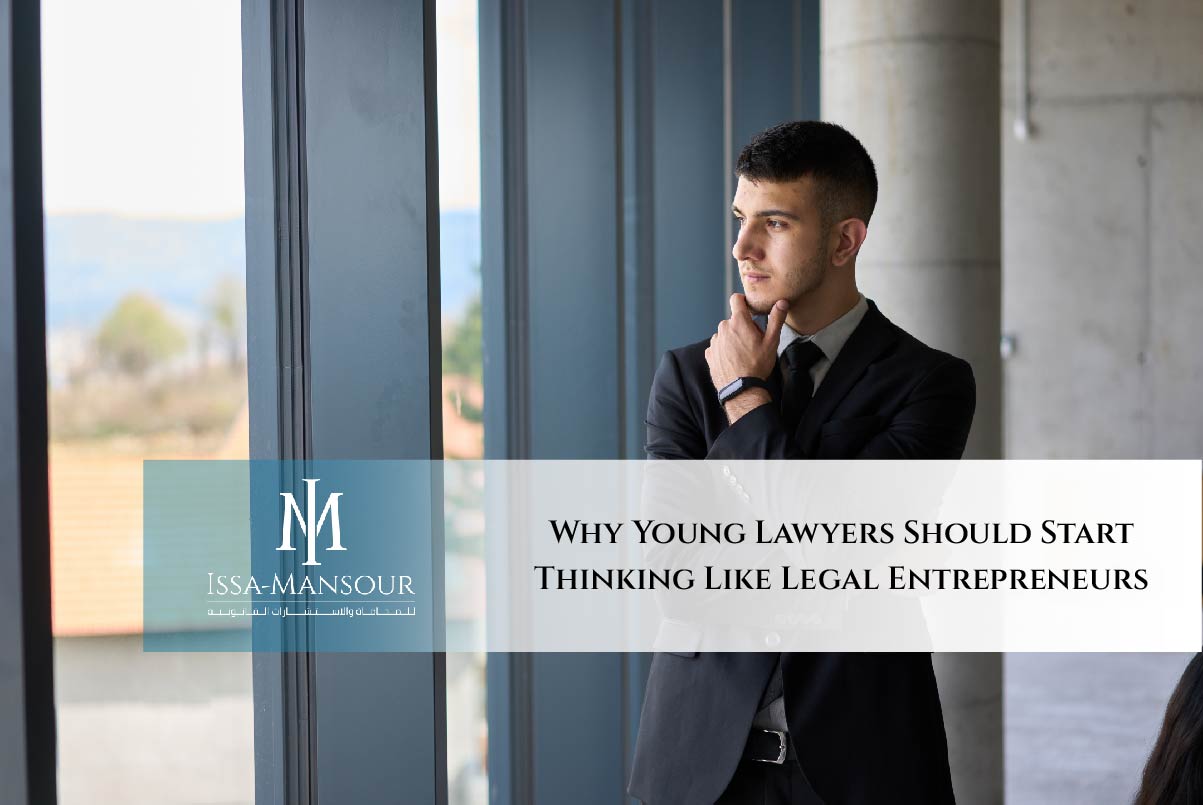The legal profession is evolving quietly, but rapidly. While its core remains rooted in logic, structure, and tradition, the world around it is changing fast. Clients are more informed. Business models are more agile. Expectations are higher.
For young lawyers, this shift presents a unique opportunity, not just to inherit the profession but to shape its future. And that begins with a mindset shift: from lawyer to legal entrepreneur.
Think Beyond the Task
Legal entrepreneurship isn’t about launching a startup or leaving practice. It’s about thinking differently. It means asking, with every assignment, every conversation:
“Where can I add real value here?”
Lawyers who think this way don’t just complete their tasks; they elevate them. They connect dots others miss. They see inefficiencies and suggest improvements. They engage with purpose, not just precision.
Think Beyond the Usual
In a profession built on precedent, it’s easy to default to routine: follow the steps, meet the deadline, and move on. But entrepreneurial lawyers stay curious. They challenge habits. They ask better questions.
They don’t just do the work; they rethink how the work gets done.
Sometimes, a small shift in perspective is what leads to a major improvement.
Take Charge Before You’re Asked To
Thinking like an entrepreneur often means stepping up before someone tells you to. It means treating your work with the same care and clarity expected at the highest level, regardless of your title or experience.
When young lawyers take initiative, they build trust. And trust turns into responsibility.
Responsibility becomes opportunity.
This doesn’t mean pretending to know everything. It means showing you’re here to learn with intent, with curiosity, and with a long game in mind.
You’re Not Breaking Tradition, You’re Carrying It Forward
Legal entrepreneurship isn’t about disruption for its own sake. It’s about progress with purpose. Young lawyers don’t need to abandon tradition; they need to understand it deeply and move it forward.
You don’t have to build a firm to think like a founder.
You just need to see yourself as part of something bigger and act like it.
The future of law won’t be handed down. It will be built case by case, idea by idea, step by step.

